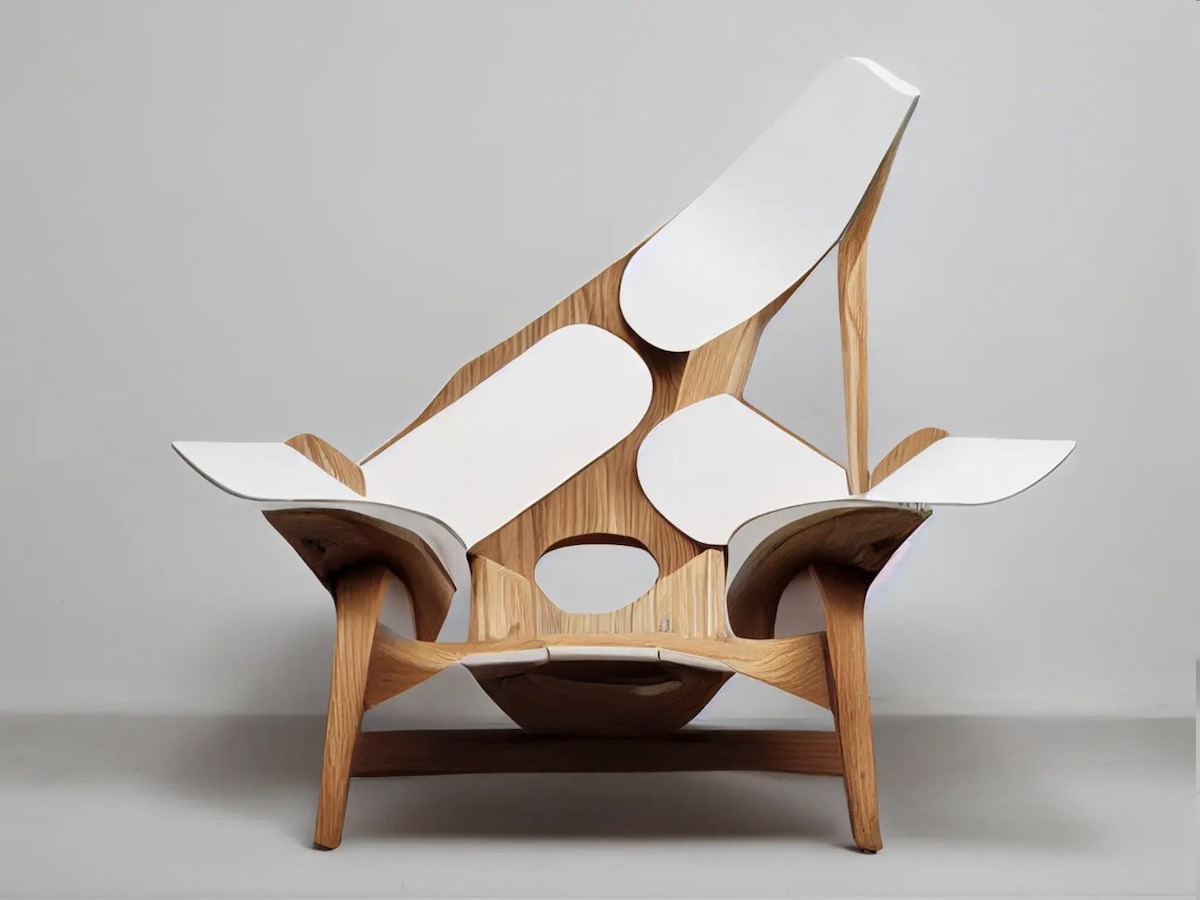AI can inspire new, agile approaches; it enables the passage from pure imagination to tangible development to take place very quickly, exploiting and combining unexpected and diverse sources of information. In the field of design and architecture, many are asking themselves: will creatives continue to do their jobs if there is an artificial intelligence that can replace them? However, that’s not exactly how it is. The right question is: what is the relationship between human creativity and artificial intelligence?

AI and creativity are two fundamentally different concepts: the first analyses and interprets data, following a set of instructions, while creativity is relating things that at first sight may seem to be distant from one another, looking at a problem from different angles, finding unexpected solutions. AI however can aid creative processes by automating certain activities – for example helping, with its generative speed, in the brainstorming phase. We wanted to ask sixty studios of architecture and design what they thought, formulating six questions from which they had to select three (here the answers divided in five articles: The Duel – 1, The Duel 2, The Duel – 3, The Duel – 4, The Duel – 5). Some preferred not to respond while others declined by replying that nothing could be further from their design approach.

Among the thousands of inventions received with scepticism one comes to mind: movable type printing. Not everyone welcomed this revolution with enthusiasm. In his In Praise of Scribes, from 1492, the abbot Johannes Trithemius decreed the moral superiority of copying writing by hand. Ironically, his words found diffusion precisely thanks to movable type printing. And in the first fifty years following Gutenberg’s invention, around eight million books were printed in Europe. Changing the history of the world.







